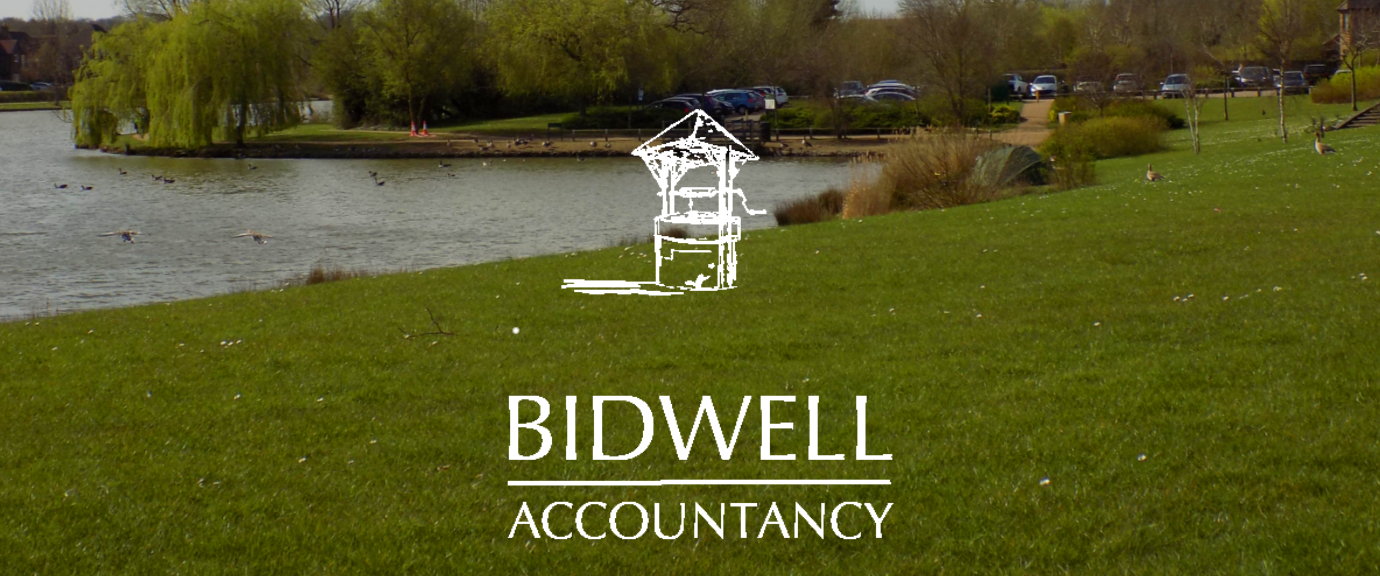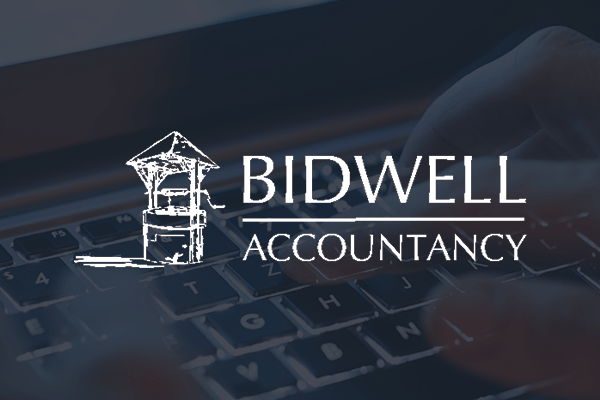August Newsletter

We have four new articles this month covering the construction industry, tax on savings, alcohol duty charges and the first UK investment zone.
CIS - the Construction Industry Scheme - is a set of tax and NI rules that apply to contractors and subcontractors. It's well worth familiarising yourself with the basics of this if you work in the construction sector. Please talk to us if you need further support for your own circumstances. Find out more about tax on savings as banks no longer deduct this - you'll need to declare it in your Self-Assessment. Changes in the way alcohol is taxed come into effect this month. Finally why it is good practice to Complete your tax return early. Our August news concludes with our regular reminders of forthcoming financial deadlines for the next few weeks.
The Construction Industry Scheme
The Construction Industry Scheme (CIS) is a set of special tax and national insurance rules for those working in the construction industry. Businesses in the construction industry are known as 'contractors' and 'subcontractors' and should be aware of the tax implications of the scheme.
Under the scheme, contractors are required to deduct money from a subcontractor's payments and pass it to HMRC. The deductions count as advance payments towards the subcontractor's tax and National Insurance liabilities.
Contractors are defined as those who pay subcontractors for construction work or who spent more than £3m on construction a year in the 12 months since they made their first payment. Subcontractors do not have to register for the CIS, but contractors must deduct 30% from their payments to unregistered subcontractors. The alternative is to register as a CIS subcontractor where a 20% deduction is taken or to apply for gross payment status.
Monthly returns must be submitted online. The monthly return relates to each tax month (i.e., running from the 6th of one month to the 5th of the next). The deadline for submission is 14 days after the end of the tax month. Contractors who have not paid subcontractors in a particular month are required to submit a 'CIS nil return' or notify HMRC that no return is due.
Additionally, new VAT rules for building contractors and sub-contractors came into effect on 1 March 2021. This means that for certain specified supplies, sub-contractors no longer add VAT to their supplies to most building customers, instead, the contractors are obliged to pay the deemed output VAT on behalf of their registered sub-contractor suppliers. This is known as the Domestic Reverse Charge. The contractors can then claim back the output tax paid as input VAT, subject to the usual rules.
Tax on savings interest
If you have taxable income of less than £17,570 in 2023-24 you will have no tax to pay on interest received. This figure is calculated by adding the £5,000 starting rate limit for savings (where 0% of the interest is taxable) to the current £12,570 personal allowance. However, it is important to note that if your total non-savings income exceeds £17,570 then the starting rate limit for savings is unavailable.
There is a tapered relief available if your non-savings income is between £12,570 and £17,570 whereby every £1 of non-savings income above a taxpayer's personal allowance reduces their starting rate for savings by £1.
There is also a Personal Savings Allowance (PSA) that can be beneficial to many savers. This allowance ensures that for basic-rate taxpayers the first £1,000 interest on savings income is tax-free. For higher-rate taxpayers the tax-free personal savings allowance is £500. Taxpayers paying the additional rate of tax on taxable income over £125,140 do not benefit from the PSA.
Interest from savings products such as ISA's and premium bond wins do not count towards the limit. So, taxpayers with tax-free accounts and higher savings can still continue to benefit from the relevant PSA limits.
Banks and building societies no longer deduct tax from bank account interest as a matter of course. Taxpayers who need to pay tax on savings income are required to declare this as part of their annual Self-Assessment tax return.
Taxpayers that have overpaid tax on savings interest can submit a claim to have the tax repaid. Claims can be backdated for up to four years from the end of the current tax year. This means that claims can still be made for overpaid interest dating back as far as the 2019-20 tax year. The deadline for making claims for the 2019-20 tax year is 5 April 2024.
Alcohol duty changes
Changes in the way alcohol is taxed will come into effect from 1 August 2023. The new system of calculating alcohol duty for all alcoholic drinks will be made using standardised tax bands based on alcohol by volume (ABV). This will replace the current alcohol duty system, which consists of four separate taxes covering beer, cider, spirits and wine.
These changes are expected to make the system fairer and encourage more new products to enter the market. The new system will create six standardised alcohol duty bands across all types of alcoholic products and apply to all individuals and businesses involved in the manufacture, distribution, holding and sale of alcoholic products across the UK.
There will also be more help for the hospitality industry with an increase in the draught relief duty differential. This will reduce alcohol duty on qualifying beer and cider by 9.2%, and by 23% on qualifying wine-based, spirits-based and other fermented products, sold in on-trade premises such as pubs and restaurants. These changes will also take effect from 1 August 2023 and mean that individuals who drink draught products in on-trade venues (such as pubs) will pay less tax than on the equivalent non-draught product in off-trade venues (such as supermarkets).
To support wine producers and importers in moving to the new method of calculating duty on their products, temporary arrangements will be in place for eighteen months from 1 August 2023 until 1 February 2025.
2022-2023 Self-Assessment Tax Returns
You don’t have to wait until 31st January 2024 to file your Self Assessment tax return – as soon as the tax year ends, you can submit your tax return at a time that suits you.
The benefits for filing your return early
- some people do so for their peace of mind and to avoid the stress of last-minute filing
- you’ll know what you owe, so you can plan your budgeting for the year and pay your tax bill in instalments if you need to.
- you can find out sooner if you’re owed a refund – and you’ll get it sooner too
- HMRC phone lines get busy in the run-up to the Self Assessment deadline in January.
- You can complete your tax return early but you still won't need to make payment until the 31st January 2024.
If you need help completing your 2022-2023 tax return then please email info@bidwellaccountancy.com and one of the team will be able to help you.
Tax Diary August/September 2023
1 August 2023 - Due date for corporation tax due for the year ended 31 October 2022.
19 August 2023 - PAYE and NIC deductions due for month ended 5 August 2023. (If you pay your tax electronically the due date is 22 August 2023)
19 August 2023 - Filing deadline for the CIS300 monthly return for the month ended 5 August 2023.
19 August 2023 - CIS tax deducted for the month ended 5 August 2023 is payable by today.
1 September 2023 - Due date for corporation tax due for the year ended 30 November 2022.
19 September 2023 - PAYE and NIC deductions due for month ended 5 September 2023. (If you pay your tax electronically the due date is 22 September 2023)
19 September 2023 - Filing deadline for the CIS300 monthly return for the month ended 5 September 2023.
19 September 2023 - CIS tax deducted for the month ended 5 September 2023 is payable by today.

Unit 157, Milton Keynes Business Centre,
Foxhunter Drive, Milton Keynes,
Buckinghamshire, MK14 6GD
Bidwell Accountancy





